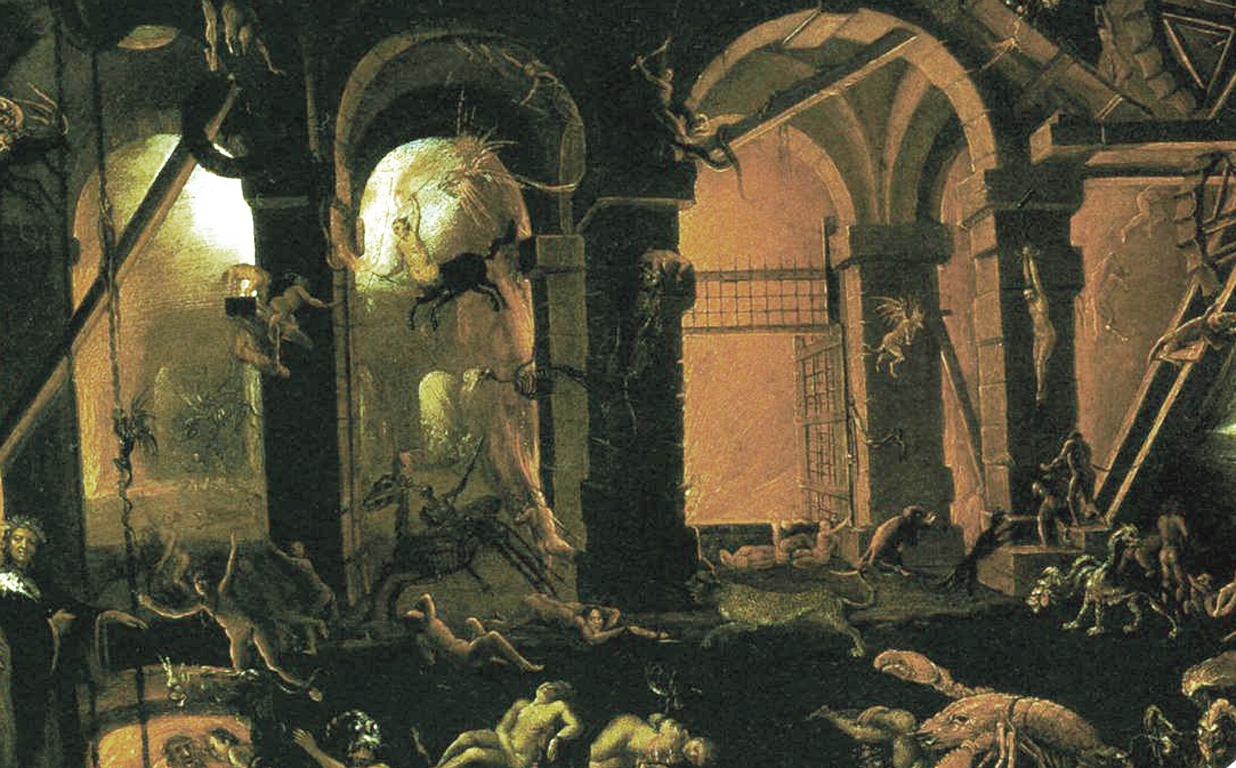
On the Use of Philosophy for the Construction of Morals
by Lee Fitzsimmons
When arguments are made in favor of sustaining the current religious paradigm, the primary assertions usually employed in such attempts are statements that claim that without the current paradigm of religion firmly established in the culture, moral chaos would ensue. History has proven time and time again that this scenario is not a very probable one. Basic moral standards are deeply embedded into the basic fabric of the human psyche. These standards are fairly universal in nature and are well perceived by every member of the species, including those individuals who violate this universal human essence on a regular basis.
In order to better define any system of morals, basic meditation on various philosophical notions can often be used as a very helpful tool. No religious belief in an afterlife is required. No belief is required at all. The basic tendency of the balanced human mind gravitates toward noble ideals and philosophical conceptualizations that promote self improvement and a higher state of being that can be achieved while one is still very much alive and breathing.

This use of philosophy as a type of instrument for the development of morals and ethics is one that has been employed for centuries. All individuals (even individuals who routinely engage in criminal behavior) have a moral code and compass. By using various elements provided in time tested systems created by philosophers of the past centuries, a basic moral code can be constructed by anyone. Of course, any sort of philosophical whim or fancy can also be used.
Therefore, let it be boldly asserted that the fear of an eternal afterlife of fiery damnation is not necessary to sustain a code of morals and ethics.
* * *
BACK TO SAMPLES
Copyright 2018 by Lee Fitzsimmons